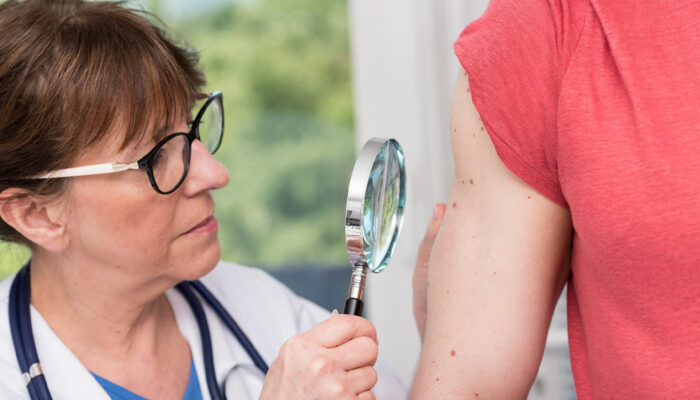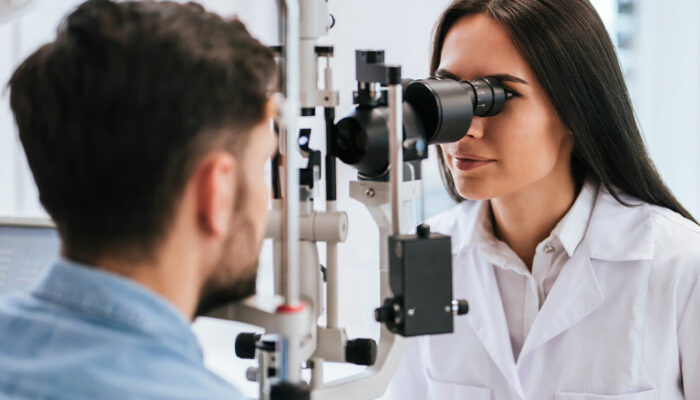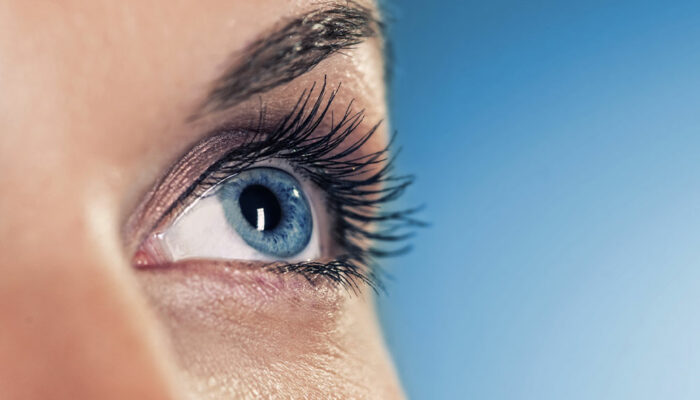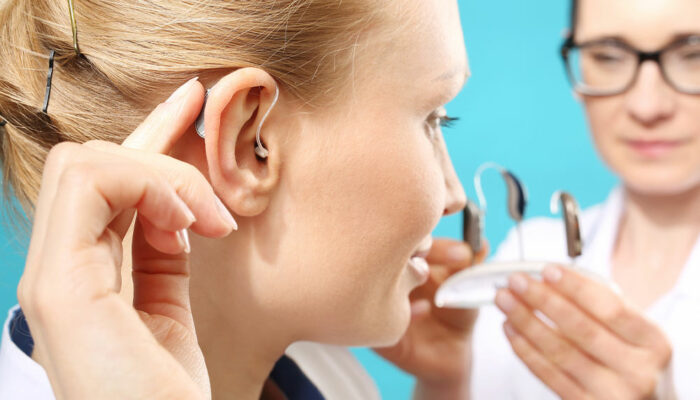
Top 20 Questions To Ask a Pulmonologist
Lungs are vital organs in the respiratory tract that support various bodily functions, including absorbing fresh oxygen from the air and expelling carbon dioxide. However, various respiratory disorders, like the common cold and flu infections to chronic obstructive diseases, can affect these functions. A pulmonologist is a healthcare professional specializing in treating and managing these lung disorders. Here are a few important questions to ask when one consults a pulmonologist. Ask about procedures Pulmonologists perform several tests to determine the type of disease or disorder developing in the lungs. During the first appointment, it is always better to ask about these tests to be prepared physically and emotionally. Discuss in detail about current symptoms Ask the pulmonologist why certain symptoms persist or worsen despite initial intervention. Describe the discomforts so the doctors can perform further tests to narrow down the causes and triggers. It could be a side effect of prescriptions or simply due to the progressive nature of the underlying lung disorder. Ask what should be done during flare-ups Symptoms can be erratic depending on the underlying complication. So, it is also important to ask the doctor about flare-ups and what should be done to provide immediate relief. Discuss test results in detail From acute chest syndrome to tuberculosis, many types of mild and severe lung disorders affect the organ’s overall function.
Read More 











